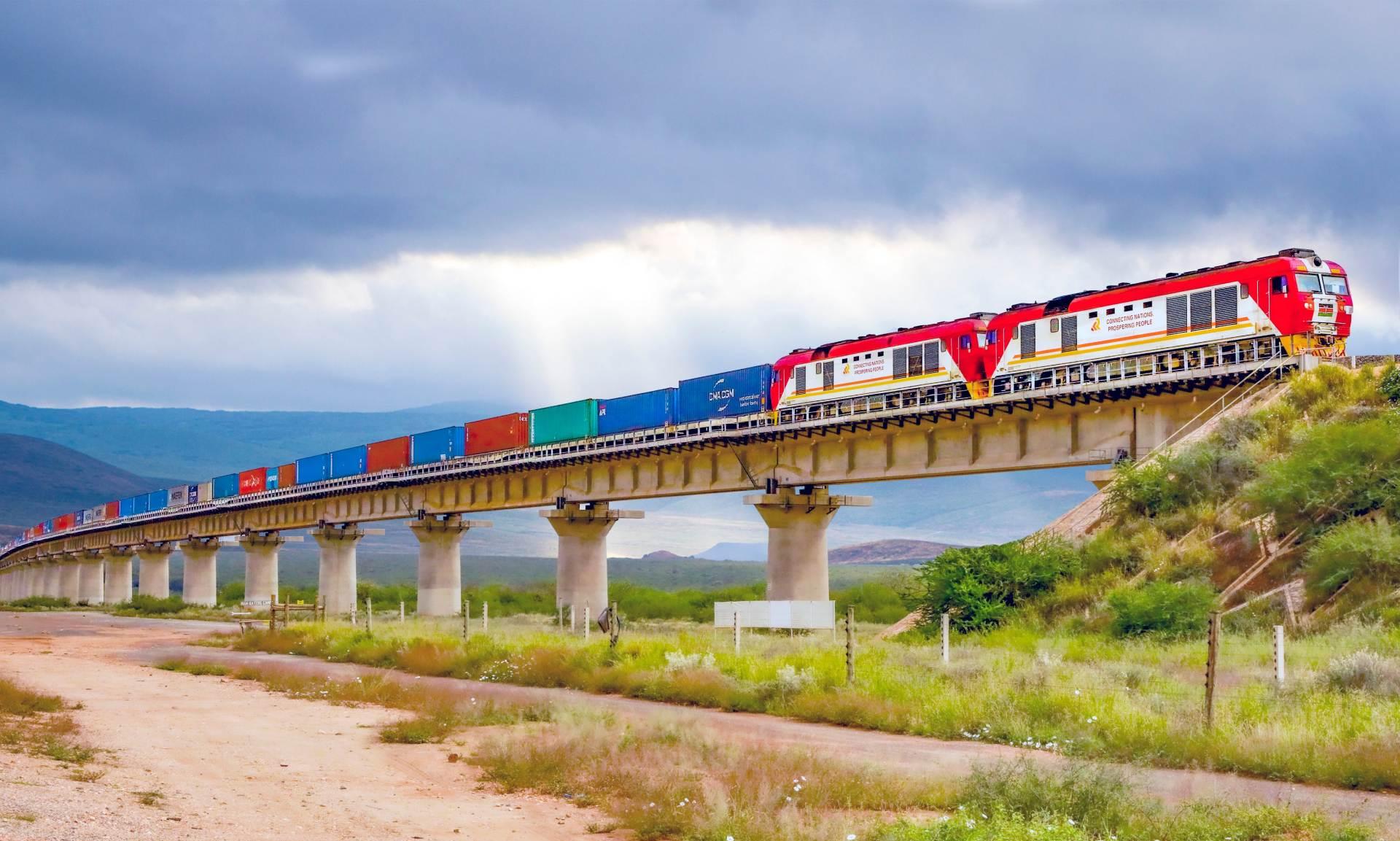Medicaid recipients in key California GOP district express concerns
Published May 16, 2025 at 5:36 PM PDT
CRESENCIO RODRIGUEZ-DELGADO, HOST: Part of President Trump's self-described big, beautiful bill includes congressional Republicans' plans to change Medicaid. The proposal would cut billions from the safety net program.
Many Republican lawmakers see this as a needed savings to slash what they see as waste in the system, but recent estimates show millions of Americans stand to lose their health insurance, including in Republican health districts, where KVPR's Joshua Yeager brings us this report.
UNIDENTIFIED PROTESTERS: (Chanting) "Save Medicaid now."
JOSHUA YEAGER, BYLINE: A large crowd of protesters gather outside Kern Medical Hospital in Bakersfield, California. Some sit in wheelchairs. Others wear lab coats. All agree that meaningful cuts to Medicaid would be a disaster for this region. The hospital sits in a swing district held by Republican Congressman David Valadao. His stretch of the rural Central Valley also has the highest number of Medicaid patients represented by a House Republican - nearly two-thirds of residents here, according to research by UC Berkeley.
MEGAN HAUGLAND: Here in Bakersfield, I've seen some of the sickest patients that I've ever seen in my training so far...
YEAGER: Megan Haugland is an OB-GYN and resident in her second year at the hospital.
HAUGLAND: ...Patients that, you know, for the first time are coming to the hospital, delivering their baby with no prenatal care, no medical care, that are often very high risk.
YEAGER: She says a whopping 90% of her patients are enrolled in Medicaid, which provides free health insurance to low-income Americans. Many are immigrant farm workers who pick and process the San Joaquin Valley's agricultural bounty. In California, more than 1 million immigrants currently have Medicaid coverage. This week, Governor Gavin Newsom proposed freezing enrollment to immigrants in the state who do not have legal status. Haugland's patients face other challenges as well, she says, some battling drug addiction, others homelessness.
HAUGLAND: The thought that our already marginalized population could lose access to that very basic resource is frightening for me, and it worries me that these already sick patients are not going to have the care that they need to be able to take care of themselves.
YEAGER: Ulises Hernandez is one of those patients. He's physically disabled and relies on a motorized chair to get around.
ULISES HERNANDEZ: If these cuts were to happen, families, people with disabilities, like myself, would have a harder time to decide what's more important for us - rent, food or medical insurance?
YEAGER: Approximately 70 million Americans are enrolled in Medicaid nationwide. The current GOP proposal would cut at least $600 billion for Medicaid over the next decade. It would accomplish this mainly by implementing new work requirements.
(SOUNDBITE OF ARCHIVED RECORDING)
BRETT GUTHRIE: All of this is part of our effort to strengthen Medicaid for the people that need it most.
YEAGER: Republican Congressman Brett Guthrie leads the House Energy and Commerce Committee, which oversees Medicaid's budget. He says the party is targeting waste, fraud and abuse. Recent estimates from the nonpartisan Congressional Budget Office say about 10 million Americans would lose their coverage under the GOP's Medicaid bill, and that could harm vulnerable Republicans like Valadao, whose constituents overwhelmingly rely on the program to cover doctors' appointments and prescriptions.
(SOUNDBITE OF ARCHIVED RECORDING)
DAVID VALADAO: My goal is to not do anything that damages Medicaid and what they deliver for our constituents.
YEAGER: Valadao has pledged to preserve Medicaid in recent interviews like this one with local TV station KBAK. But Valadao agrees with his party's leadership on at least one point.
(SOUNDBITE OF ARCHIVED RECORDING)
VALADAO: I know you hear it a lot - waste, fraud and abuse - but there are people who are registered in multiple states. There are people who are on the program that shouldn't be on the program.
YEAGER: Valadao's office declined an interview request with NPR, citing a packed schedule. His team also didn't get back to us when we asked whether Valadao would support the GOP's newly proposed cuts. Whatever his decision, it's almost certainly one that voters will remember when they head back to the polls next year.
For KVPR News, I'm Joshua Yeager in Bakersfield.









